Otis, one of the delegates said the reparation weekend “was absolutely excellent and well organised as an educational instrument”. Toyin Agbetu added “It was a privilege being invited to participate with this weekend school on reparations. The timing of the event and the collaborative learning with delegates was perfect, especially considering the resurgence of public interest in Maafa following the recent BBC screening of David Olusoga’s documentary ‘Britain's Forgotten Slave Owners’ and the forthcoming reparations march on 1 August 2015.“
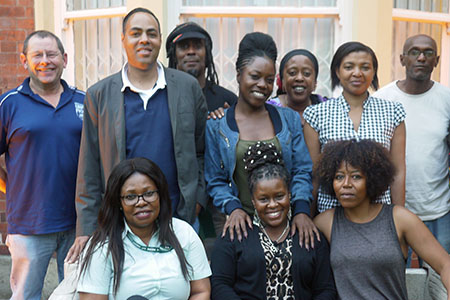
Some of the union and community delegates at the Education for Reparations weekend
Statement to Trade Unions
The union and community delegates at the Education for Reparations weekend issued a joint statement agreeing that Trade Unions across the UK need to take forward the combined issue of reparations and anti-racism in order to better reflect the needs of workers in the 21 Century. They wrote: “The Education for Reparations training highlighted the value of workers and communities sharing knowledge and information in a dedicated space, and ways of strengthening community and trade Union awareness of contemporary issues surrounding anti-racism and reparations.”
Kwaku Bonsu the community activist and PowerXtra radio presenter explained the ‘Education is preparation for reparations’ program is a grassroots initiative decided at a public meeting on 9th May. Coined by the organisers of the peoples successful reparation march in 2014 the intent was that there would be a series of educational programs on the topic both around the country and the world.
Bonsu concluded ‘the whole emphasis is to open our peoples mind to help them understand what reparations is. It’s been the grassroots people that have historically fought for reparations… not just academics and Caribbean governments who are currently championing the topic [in a bandwagon fashion]. The petition [to establish an all-party parliamentary commission of inquiry for truth and reparatory justice] is an important part of the reparation action’.

Glenroy Watson (l) and Toyin Agbetu (r) supporters of the Reparation March
External Links
The March - FacebookPARCOEPetition: Stop the Maangamizi we charge genocide-ecocideWatch - The WalkMaafa Truth DVD
Ligali is not responsible for the content of third party sites
Thousands of Africans unite for Reparations March 2014
Speak Out!
Have you had training in understanding the history of Maafa and politics of reparations? Would you support, host or attend a weekend school on the topic near where you work?Click here to speak out or read (3) comments about this article
The Education for Reparations training highlighted ways of strengthening community and trade Union awareness of contemporary issues surrounding anti-racism and reparations.
Union and community delegates at the Education for Reparations weekend
See Related:
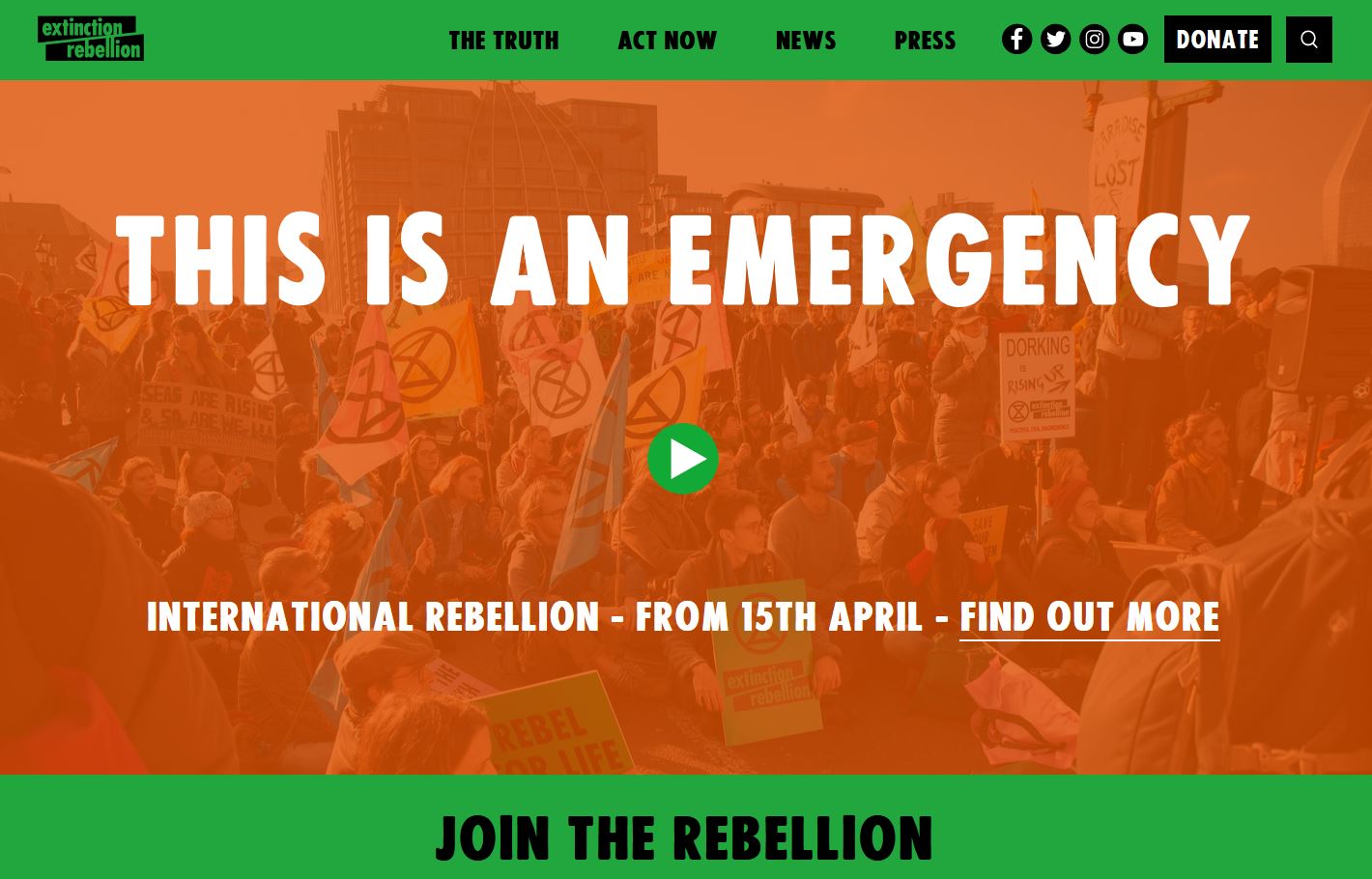
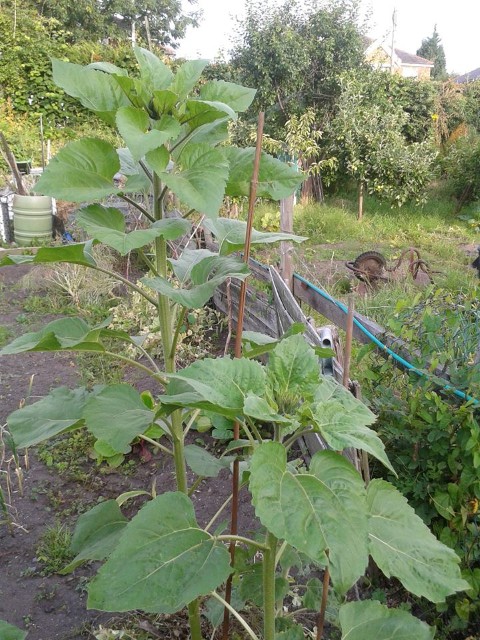
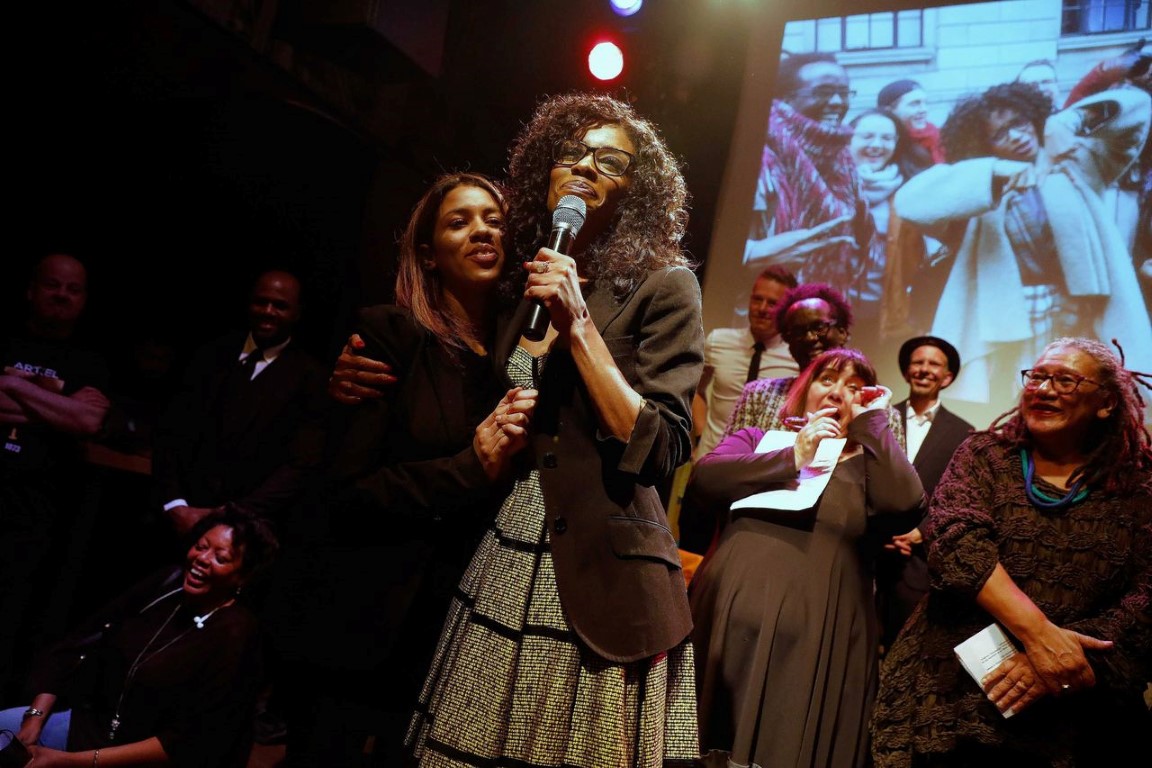
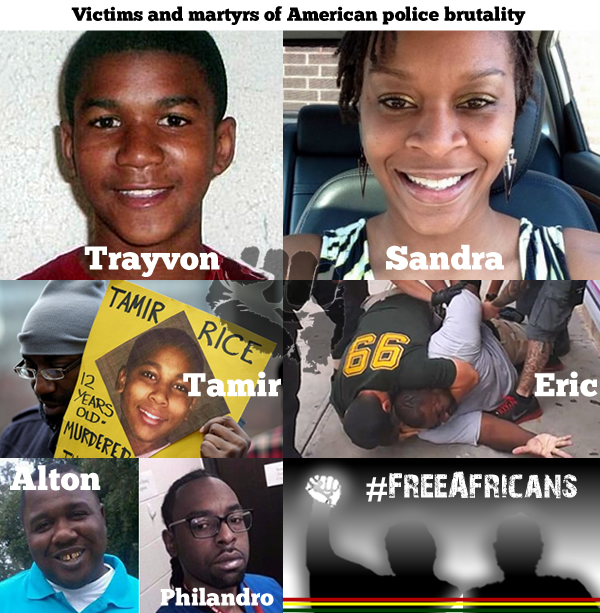
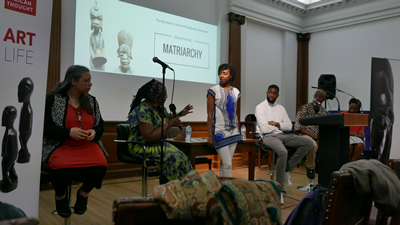
Get involved and help change our world